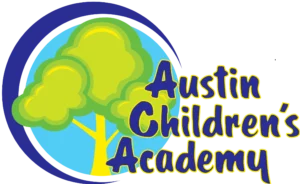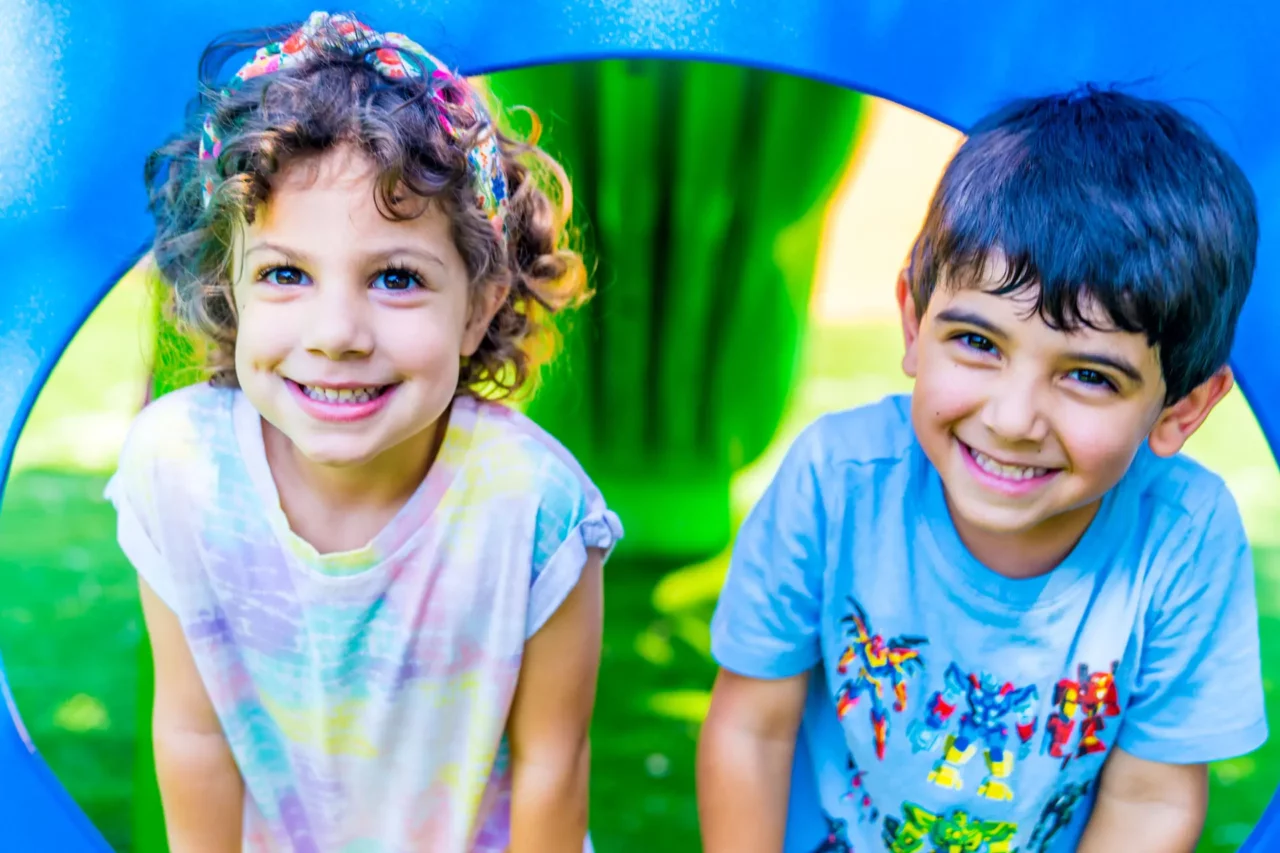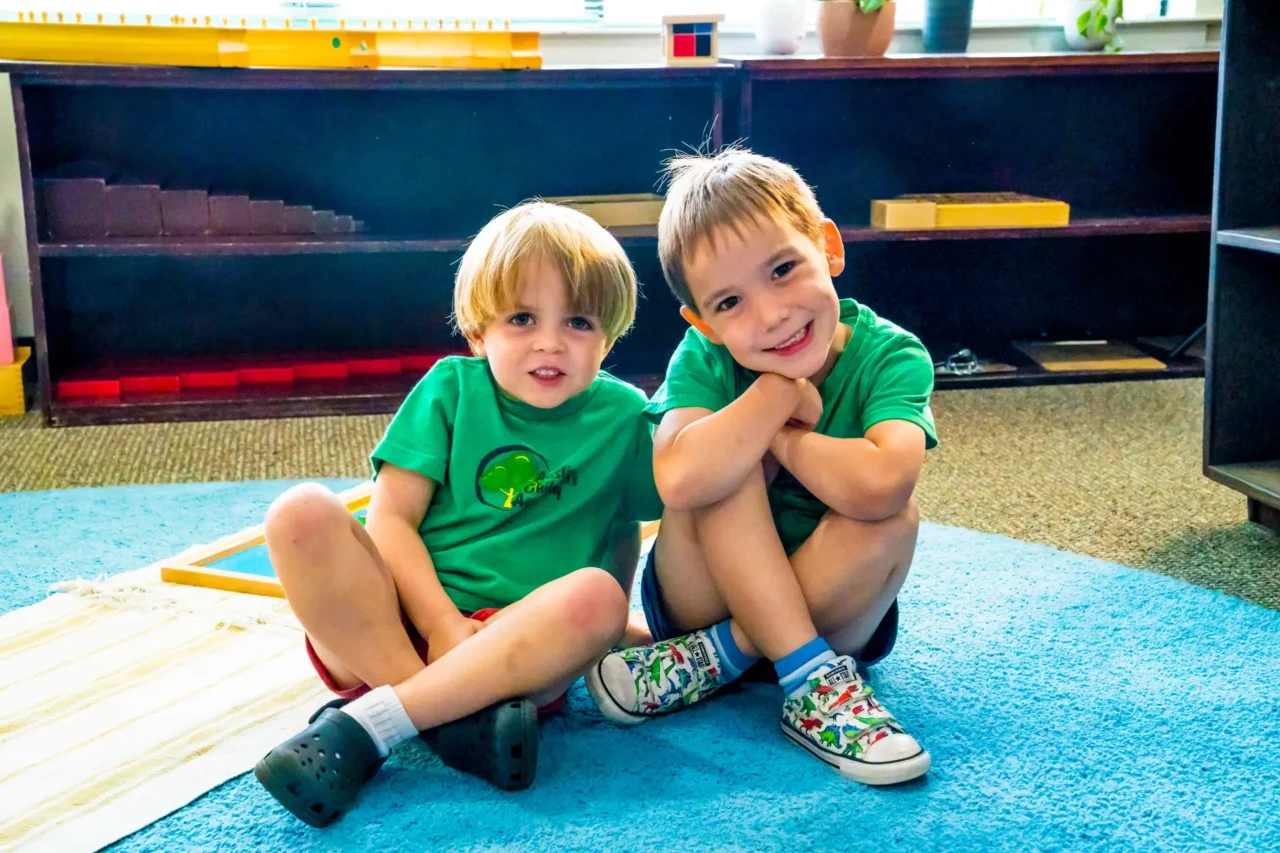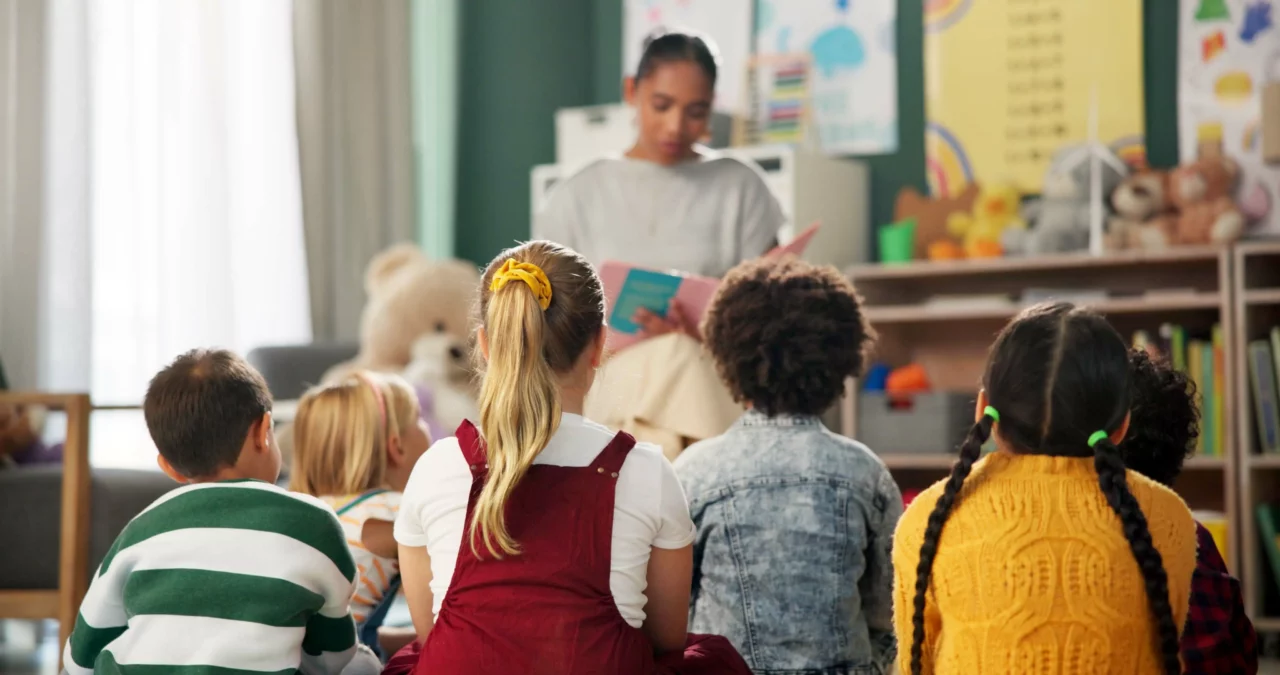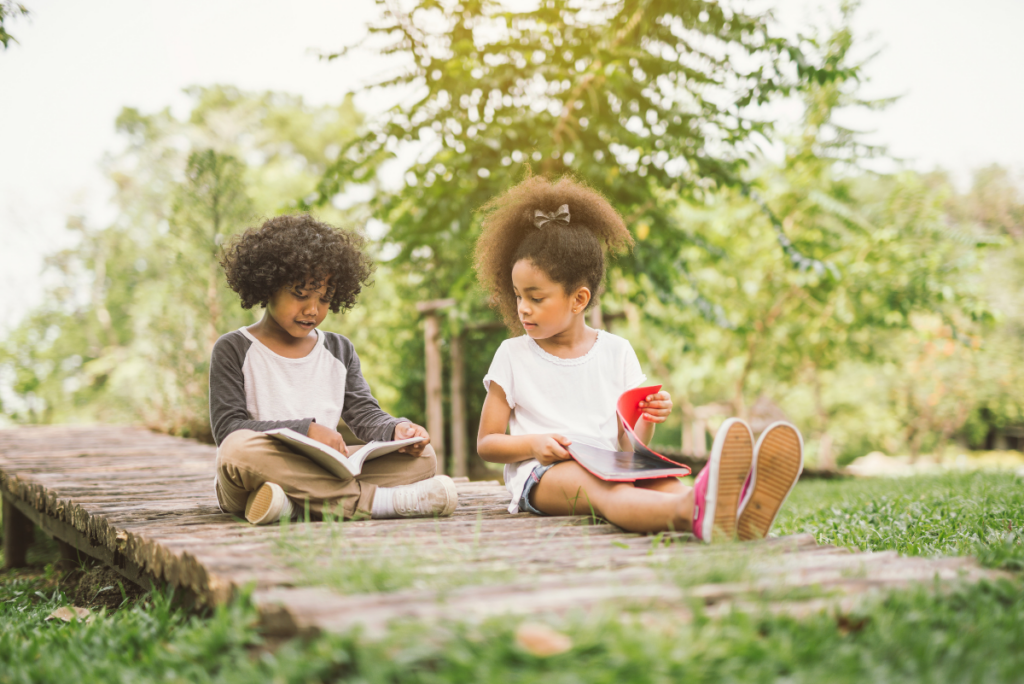
Going outside is a refreshing break for students, especially if they’ve been studying from home. Try these three ways to create educational outdoor experiences for your kids.
Observational Skills
The outside world is full of fresh sights and sounds for your child to explore. Try taking them on a walk around your neighborhood, and help them notice everything that there is to see. Start with a simple walk where you point out things like dogs, cars, signs, trees, and other basic environmental elements. Ask your kid to find matching items, such as another of the same type of car.
Observational walks can also be used for lessons in nature, science, and art. Try looking for everything yellow in your neighborhood. If your kid is older, try identifying all of the local birds. Encourage them to use both sight and sound; they should be listening for the sounds of animals, traffic, and other people.
Starting a Garden
Gardens are a great outdoor learning space full of educational opportunities. Introduce your child to the core concepts of agriculture by having them grow a plant from a seed. You can grow flowers, vegetables, or anything else that your kid enjoys. As a fun outing, try taking them to your local plant nursery so they can pick out a few plants to transplant directly into the soil.
Within limits, your kid can also help you dig, water, and weed the garden. Don’t expect them to do any heavy lifting; children should be learning, not completing chores. Still, scooping dirt with a trowel is a great way to develop fine motor skills.
Water Physics
Your kid can learn a lot about physics by exploring the ways different objects interact with water. Try filling a shallow pool or tub with water and providing your child with a variety of waterproof items. Let them see which items sink and which items float. You might even include a few items that don’t react well to water, like paper cutouts or old books; let your kid immerse them to see what happens.
Kids can also have fun learning about water with hoses, water balloons, and even water guns. Look up the science behind how a sprinkler works, then let your kids turn one on and watch the magic. Remember that these moments are both explorative and educational; explain the lesson, then give your kids a chance to study on their own terms.
Outdoor learning is all about understanding the world that exists outside of the home. As you’re coming up with activities, consider both the time of year and the resources you have available. If you live near a stream, your kid might learn more about nature. If you live in the city, your kid might have more fun visiting the local farmer’s market. Make use of your unique opportunities to give your student as many positive experiences as possible.
